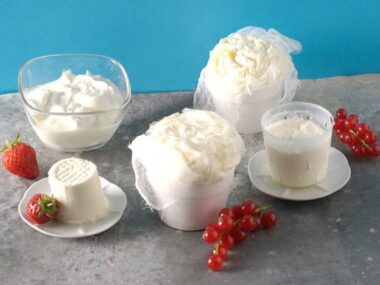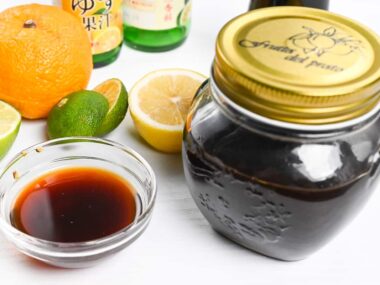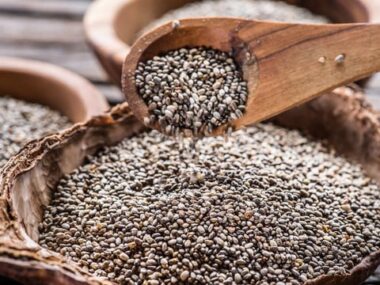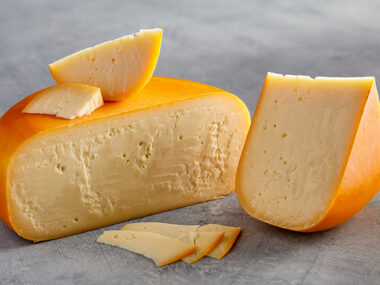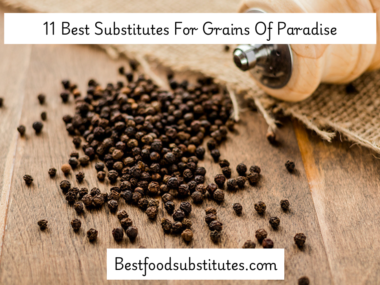Oat fiber is a popular ingredient in many kitchens, especially for those looking to increase fiber intake or bake with low-carb ingredients. It’s known for its ability to add bulk and texture to recipes without contributing many calories or carbs. However, it may not always be available at your local store, or you may need a substitute for dietary reasons. Luckily, there are several alternatives that can offer similar benefits in terms of fiber content, texture, and overall function in cooking and baking.
In this blog post, we will explore 13 substitutes for oat fiber. Each alternative has its own unique properties, so it’s important to understand how they might affect your recipe. We’ll go over these substitutes in detail, helping you choose the best one for your needs. Whether you’re baking bread, making pancakes, or preparing a fiber-rich smoothie, there’s a substitute out there that will work for you.
13 Substitute For Oat Fiber
1. Psyllium Husk
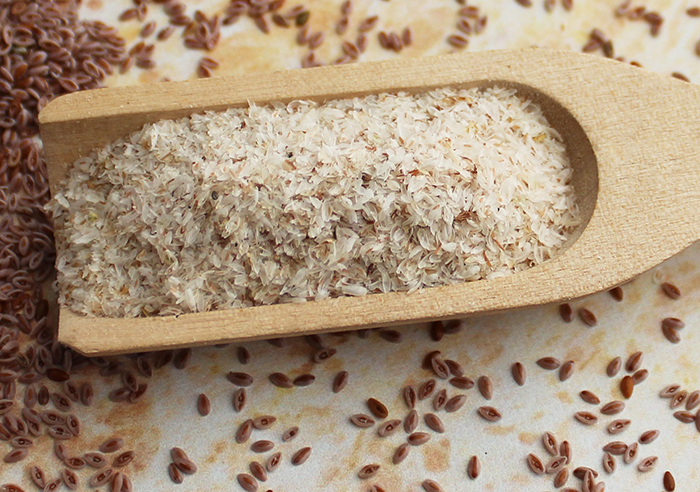
Psyllium husk is a popular fiber supplement often used in gluten-free and keto baking. It comes from the seeds of the Plantago ovata plant and is extremely rich in soluble fiber, which makes it a great substitute for oat fiber. When mixed with water, psyllium husk forms a gel-like substance, which can help bind ingredients together and give baked goods a chewy texture.
You can use psyllium husk in a 1:1 ratio as a substitute for oat fiber in most recipes. It’s particularly useful in gluten-free breads and muffins, as it helps trap moisture and prevents them from becoming too crumbly. Psyllium husk is also great for thickening sauces or adding fiber to smoothies. However, it does absorb more liquid than oat fiber, so you may need to adjust the liquid content in your recipe to avoid dryness.
2. Coconut Flour
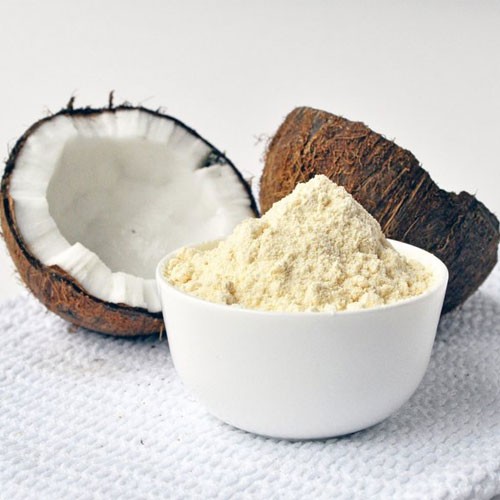
Coconut flour is another excellent substitute for oat fiber. Made from dried coconut meat, it is naturally gluten-free and low in carbs, making it a favorite in low-carb and paleo baking. Coconut flour is highly absorbent, so you’ll need to use it in smaller quantities compared to oat fiber.
When substituting oat fiber with coconut flour, start with about half the amount and increase if necessary. It adds a slight coconut flavor, which can enhance the taste of desserts or baked goods. However, in savory dishes, you may want to balance it out with other ingredients to mask the sweetness.
3. Flaxseed Meal

Flaxseed meal, or ground flaxseeds, is a nutritious and fiber-rich substitute for oat fiber. It’s packed with omega-3 fatty acids and lignans, making it a heart-healthy choice. When mixed with water, flaxseed meal can create a gel-like consistency similar to psyllium husk, which helps with binding in baked goods.
Flaxseed meal is a versatile ingredient that can be used in a variety of recipes, from baked goods to smoothies. You can substitute it for oat fiber in a 1:1 ratio, though like psyllium husk, you may need to adjust the liquid content in your recipe. Flaxseed meal has a slightly nutty flavor, which works well in breads, muffins, and pancakes.
4. Chia Seeds
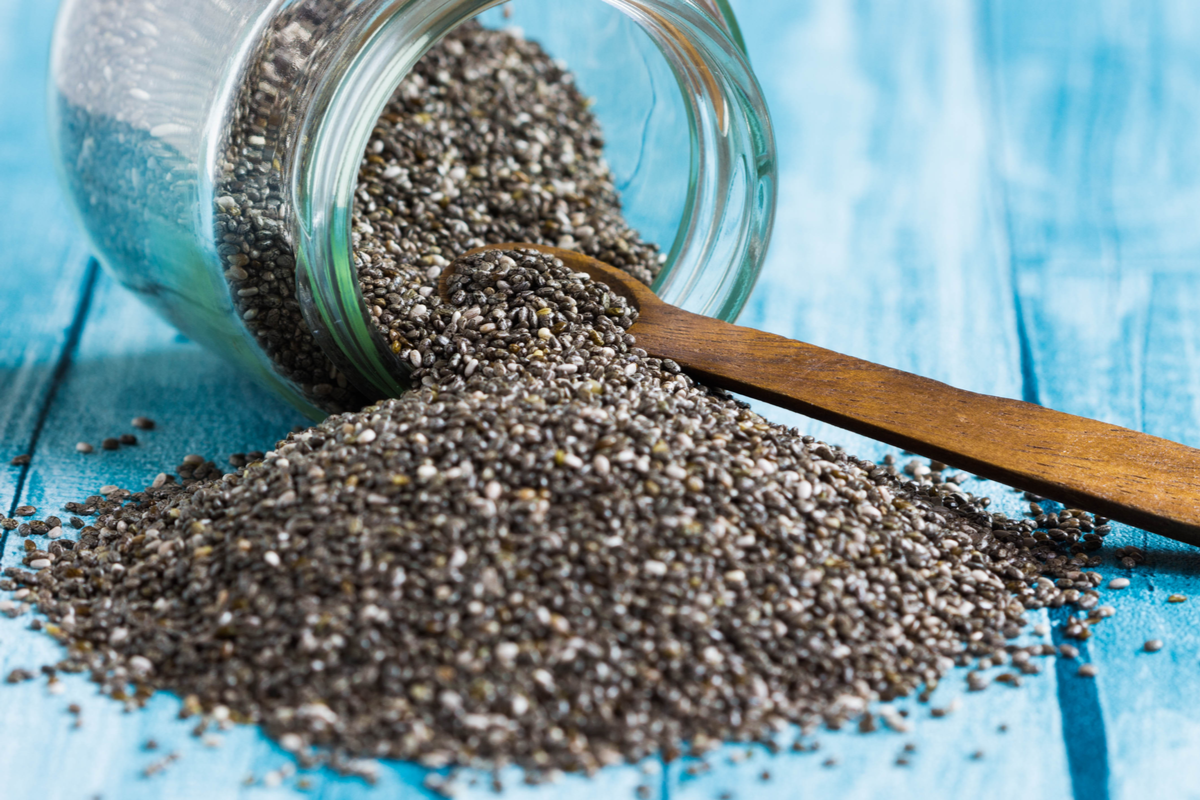
Chia seeds are another fiber powerhouse that can replace oat fiber in your recipes. These tiny seeds are packed with soluble fiber, which means they swell and form a gel when mixed with liquid. This makes them an excellent binding agent in baking, much like oat fiber.
You can use chia seeds whole or ground, depending on your recipe. To substitute for oat fiber, use them in a 1:1 ratio. If you’re using whole chia seeds, you may want to soak them in water before adding them to your recipe to allow them to swell. Ground chia seeds work well in baked goods, providing a subtle nutty flavor and adding extra fiber to your diet.
5. Almond Flour

Almond flour, made from finely ground almonds, is a popular ingredient in gluten-free and low-carb baking. While it’s not as high in fiber as oat fiber, it can still be used as a substitute in some recipes, particularly in baked goods like muffins, cookies, and pancakes. Almond flour adds a rich, nutty flavor and a soft texture to baked goods.
Because almond flour doesn’t absorb as much liquid as oat fiber, you’ll need to adjust the amount you use. Start with a 1:1 substitution, but keep in mind that almond flour is denser, so you may need to add more liquid to your recipe to achieve the right consistency.
6. Wheat Bran
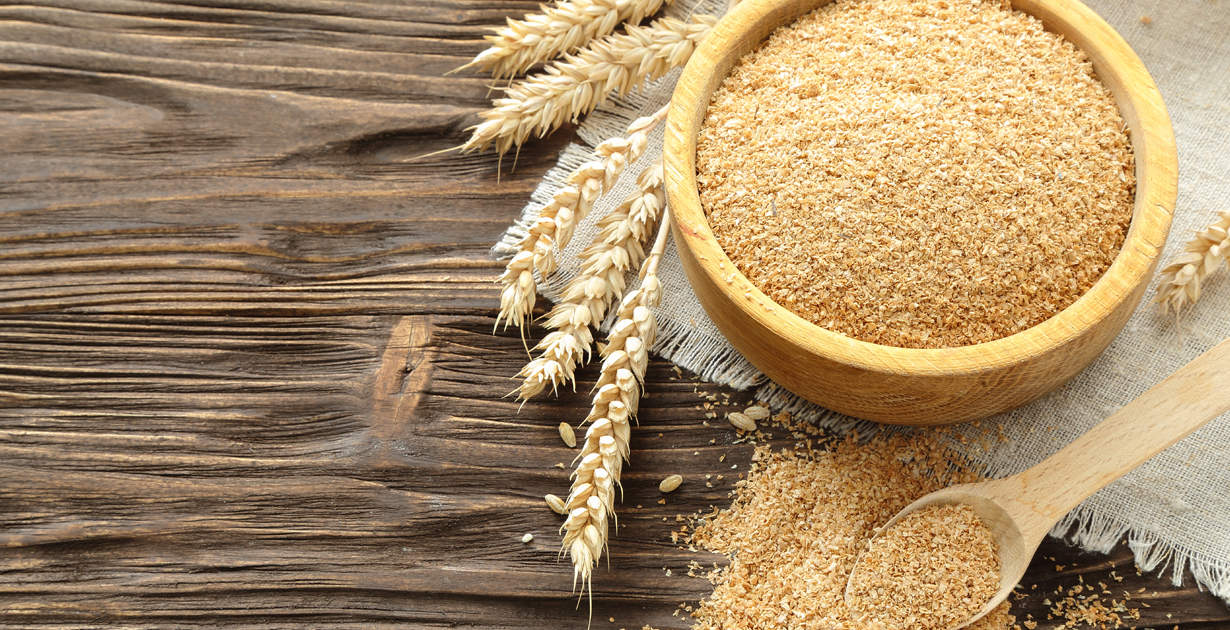
Wheat bran is the outer layer of the wheat kernel and is extremely high in fiber. It’s an excellent substitute for oat fiber, particularly in baking. Wheat bran adds bulk and texture to baked goods, making it ideal for breads, muffins, and pancakes.
You can use wheat bran in a 1:1 ratio as a substitute for oat fiber. However, it does have a slightly nutty and earthy flavor, which may alter the taste of your recipe. Wheat bran also absorbs moisture, so you may need to adjust the liquid content in your recipe to prevent dryness.
7. Ground Oats

If you don’t have oat fiber on hand but still want something from the same family, ground oats are a great option. While not as fiber-rich as oat fiber, ground oats can still provide some bulk and texture to your recipes. You can easily grind oats in a blender or food processor to make a fine oat flour that can be used in baking or as a thickener in recipes.
Ground oats work well in baked goods, particularly muffins, cookies, and pancakes. They add a slightly sweet and nutty flavor, similar to oat fiber. You can substitute ground oats for oat fiber in a 1:1 ratio, but keep in mind that they have more carbs and calories than oat fiber.
8. Bamboo Fiber
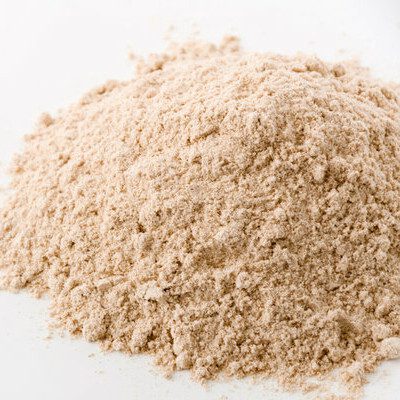
Bamboo fiber is a relatively new ingredient in the world of low-carb and gluten-free baking, but it’s gaining popularity due to its high fiber content and versatility. Bamboo fiber is made from the pulp of bamboo plants and has a neutral flavor, making it a great substitute for oat fiber in a variety of recipes.
Bamboo fiber can be used in a 1:1 ratio as a substitute for oat fiber. It’s particularly useful in baking, where it adds bulk and helps create a light, airy texture. Because bamboo fiber is highly absorbent, you may need to adjust the liquid content in your recipe to prevent dryness.
Read also, 10 Best Substitution For Oat Fiber
9. Apple Fiber

Apple fiber is a natural fiber supplement made from the skin and pulp of apples. It’s high in soluble fiber and has a slightly sweet taste, making it a good substitute for oat fiber in both sweet and savory recipes. Apple fiber can be used to add bulk to baked goods, thicken smoothies, or boost the fiber content of your meals.
When substituting oat fiber with apple fiber, use it in a 1:1 ratio. Keep in mind that apple fiber has a mild apple flavor, which may slightly alter the taste of your recipe. However, this can be a pleasant addition to baked goods like muffins, cookies, and cakes.
10. Rice Bran

Rice bran is the outer layer of the rice grain and is rich in fiber, vitamins, and minerals. It’s a great substitute for oat fiber, particularly in baking. Rice bran adds a slightly nutty flavor and a chewy texture to baked goods, making it ideal for breads, muffins, and pancakes.
You can substitute rice bran for oat fiber in a 1:1 ratio. However, like other bran-based substitutes, it absorbs moisture, so you may need to adjust the liquid content in your recipe to achieve the right consistency.
11. Corn Fiber
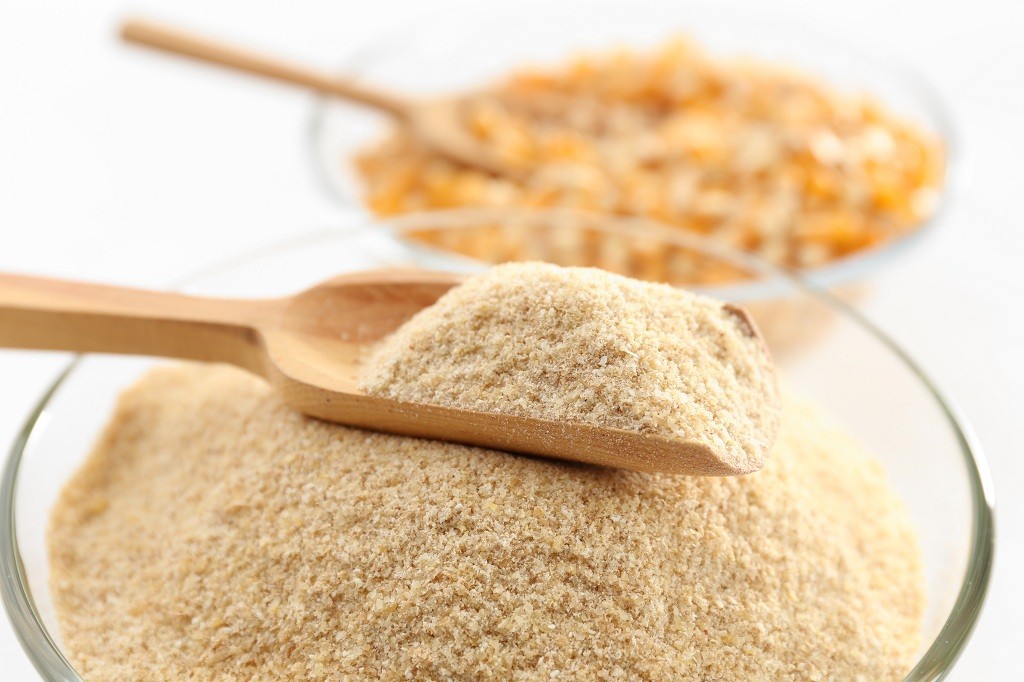
Corn fiber is a type of dietary fiber derived from corn. It’s commonly used in low-carb and gluten-free baking to add bulk and fiber to recipes. Corn fiber has a neutral flavor, making it a great substitute for oat fiber in a variety of recipes.
You can use corn fiber in a 1:1 ratio as a substitute for oat fiber. It works particularly well in baked goods, where it helps create a light, fluffy texture. Corn fiber is also a good choice for adding fiber to smoothies or other beverages.
12. Inulin
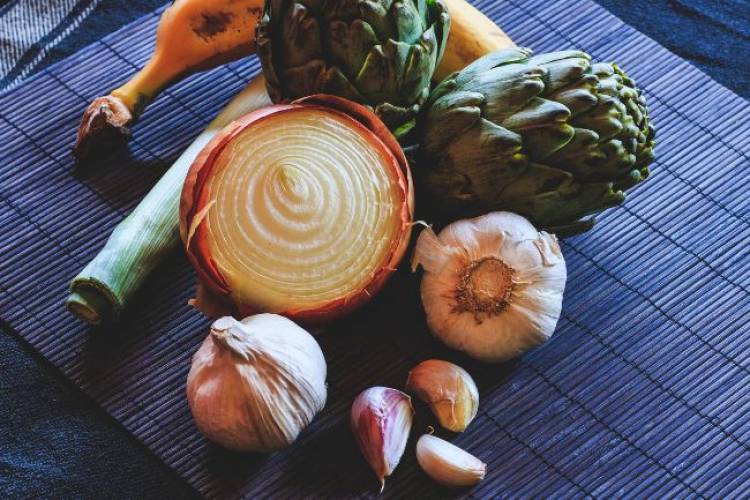
Inulin is a type of soluble fiber found in plants like chicory root, onions, and garlic. It’s often used as a prebiotic fiber supplement, but it can also be used as a substitute for oat fiber in some recipes. Inulin has a slightly sweet taste, which makes it a good choice for adding fiber to sweet recipes like muffins, cakes, and cookies.
When substituting oat fiber with inulin, use it in a 1:1 ratio. However, inulin is more soluble than oat fiber, so it may not provide as much bulk or texture in baked goods. You may need to combine it with another fiber-rich ingredient, like flaxseed meal or psyllium husk, to achieve the desired texture.
13. Acacia Fiber
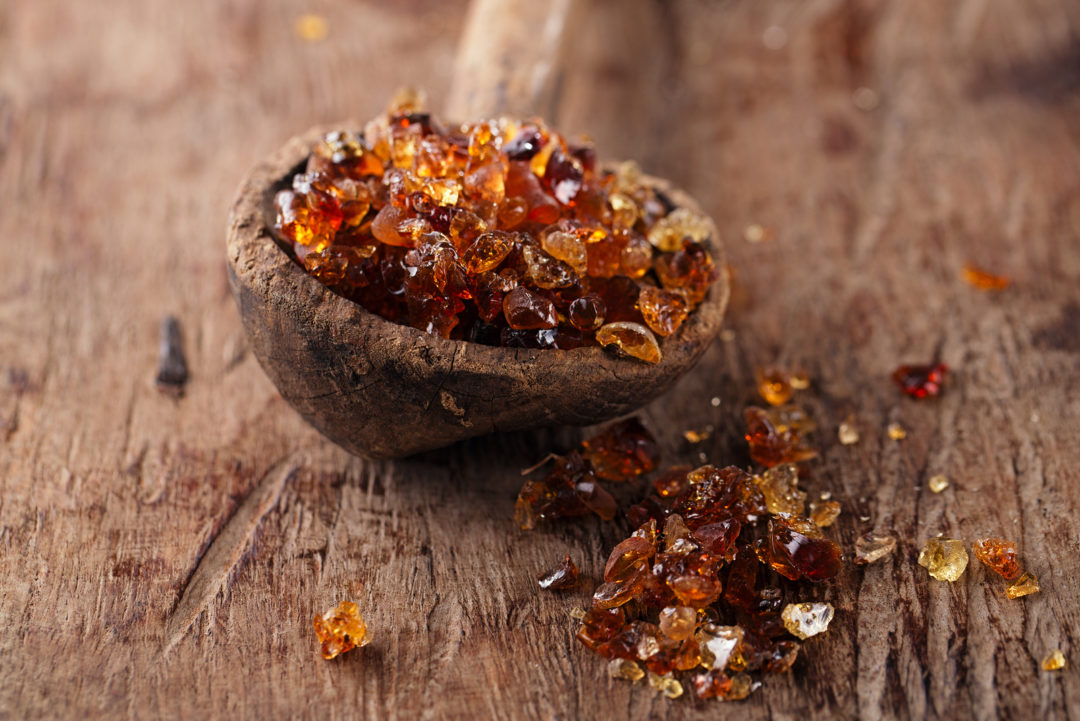
Acacia fiber is a soluble fiber derived from the sap of the acacia tree. It’s commonly used as a dietary supplement, but it can also be used as a substitute for oat fiber in some recipes. Acacia fiber has a neutral flavor and dissolves easily in liquids, making it a good choice for adding fiber to smoothies, beverages, and sauces.
You can use acacia fiber in a 1:1 ratio as a substitute for oat fiber. However, because acacia fiber is more soluble than oat fiber, it may not provide as much bulk or texture in baked goods. If you’re using it in baking, you may need to combine it with another fiber-rich ingredient to achieve the right texture.
Conclusion
There are plenty of substitutes for oat fiber, each with its own unique properties. Whether you’re looking for a gluten-free option, a low-carb alternative, or just want to try something new, there’s definitely a fiber-rich substitute that will work for you. When choosing a replacement, it’s important to consider how each one interacts with other ingredients, especially in baking. Some alternatives, like psyllium husk or flaxseed meal, are great for adding moisture and binding ingredients together, while others, such as almond flour or rice bran, may require adjustments to your recipe’s liquid content due to their absorbency.

